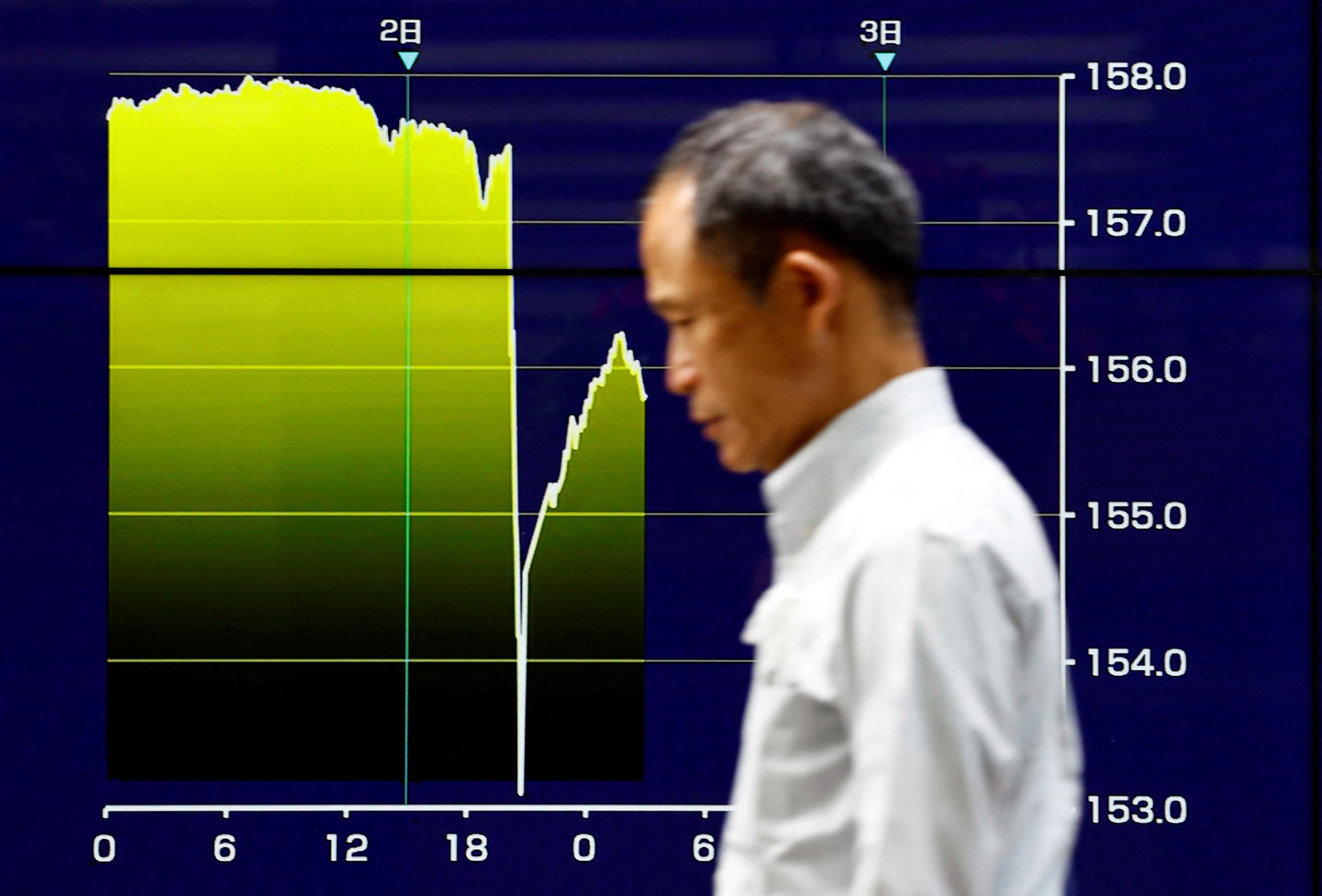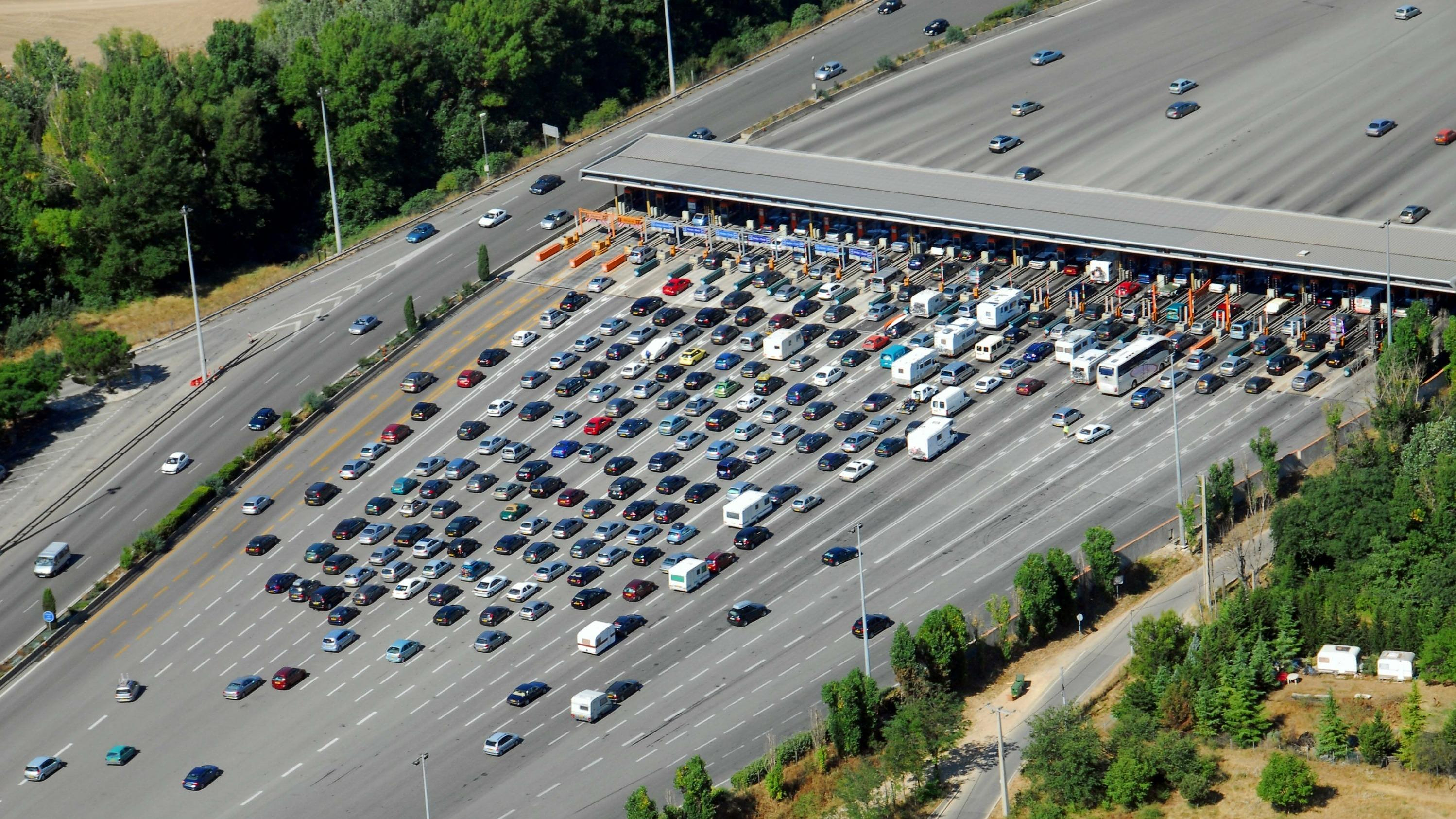Vladimir Putin's war of aggression against Ukraine hasn't changed the fact that the majority of Germans are skeptical about taking in refugees from crisis areas. Only a third rated this as a good thing. Despite the crimes against civilians and continued attacks on the Ukrainian infrastructure, the Germans see little positive in the international comparison of the allocation of asylum.
Only 34 percent think that the arrival of people fleeing war and persecution in Germany is "good". In neighboring France, 47 percent think this is positive. In Poland, approval rose from 38 percent in 2021 to currently 45 percent. This is the result of a representative survey conducted in September, which the YouGov Institute has been conducting regularly for the past four years on the subject of globalization. The results are exclusively available to WELT.
The skeptical attitude of the Germans has hardly changed in the past four years. In 2019, around a third agreed. Putin's war has not led to any significant rethinking. Only in Denmark is approval lower than in Germany.
Since the war began on February 24, 2022, more than a million refugees have come to Germany from Ukraine. The admission of a large number of asylum seekers once again poses huge systemic challenges for politicians and citizens.
According to the Federal Statistical Office, around 1.2 million people immigrated to Germany between 2014 and 2021 for reasons of flight and expulsion. The influx was particularly strong during the refugee crisis of 2015/2016, when more than a million people fled to Germany in just a few months, with Syrians making up the majority.
In the “Globalism 2022” study, the YouGov pollsters examined the basic attitude in eleven countries to various globalization issues, including the USA, Australia and Canada. In some aspects, the Germans stand out due to their comparatively stable and positive attitude.
42 percent believe that globalization is good for the German economy. Half of the Danes also assess globalization as positive. Australians, in their clear majority, also view this as a good thing. In France, on the other hand, only 19 percent think so, in Italy 24 percent.
But when it comes to the consequences of globalization for Germans personally, the result is different. This year, 22 percent believe that global networking has negative consequences for their standard of living. In 2021, only twelve percent said so. This sharp increase may reflect the sharp rise in energy prices resulting from Putin's war against Ukraine and Germany's dependence on Moscow.
In France, Italy and Spain, too, the number of people who see globalization in 2022 as negative for their personal livelihood has increased noticeably. In all eleven countries surveyed, however, there is a great willingness to take in immigrants with high qualifications. 65 percent of Germans think this is a good thing, in the UK even 80 percent say so. Only in France, at 56 percent, is skepticism greater when it comes to accepting qualified migrants.
“Since the beginning of the study, we have clearly seen a decline in positive perceptions of some aspects of globalization. However, some fundamental statements remain: that the results show many facets of negative as well as positive perceptions, that attitudes vary. And thereby question simple generalizations for or against globalization,” says Joel Rogers de Waal, Director at YouGov.
Meanwhile, Brussels is reacting more and more clearly to the persistently large number of refugees. A few days ago, the ambassadors of the EU member states agreed that the poorest countries in the world must take back nationals who are obliged to leave the country if they want to continue to benefit from duty-free trade with the EU.
There will be "a new link between the trade preferences granted to the beneficiary countries and their cooperation in the area of migration and the readmission of their own nationals who are illegally staying in the EU," according to a statement by the EU Commission .
Around 60 countries in the Global South currently have preferential access to the European single market, without the countries having to open their markets to European products in return. This has been regulated since 1971 by the so-called Generalized Scheme of Preferences (GSP). The Commission has now proposed a reform of the GSP, with which it ties market access to migration policy goals.
"The development policy instrument of the general system of preferences must not become a pawn in a European migration policy that follows the priority of returning people as quickly as possible at any price," explained Andreas Grünewald, migration officer for the Bread for the World aid organization, to the Evangelical Press Service (epd). . The EU is threatening to destabilize countries like Mali or Senegal. According to a spokesman for the Federal Ministry of Economics, Germany abstained from the vote.
The law has yet to be voted on by the European Parliament's Trade Committee. So far, Parliament has strictly rejected linking access to the EU internal market to migration policy goals. However, it is unclear whether it will withstand the pressure from the Commission and the Council in the forthcoming negotiations.

 What is chloropicrin, the chemical agent that Washington accuses Moscow of using in Ukraine?
What is chloropicrin, the chemical agent that Washington accuses Moscow of using in Ukraine? Poland, big winner of European enlargement
Poland, big winner of European enlargement In Israel, step-by-step negotiations for a ceasefire in the Gaza Strip
In Israel, step-by-step negotiations for a ceasefire in the Gaza Strip BBVA ADRs fall almost 2% on Wall Street
BBVA ADRs fall almost 2% on Wall Street Breast cancer: less than one in two French women follow screening recommendations
Breast cancer: less than one in two French women follow screening recommendations “Dazzling” symptoms, 5,000 deaths per year, non-existent vaccine... What is Lassa fever, a case of which has been identified in Île-de-France?
“Dazzling” symptoms, 5,000 deaths per year, non-existent vaccine... What is Lassa fever, a case of which has been identified in Île-de-France? Sánchez cancels his agenda and considers resigning: "I need to stop and reflect"
Sánchez cancels his agenda and considers resigning: "I need to stop and reflect" The Federal Committee of the PSOE interrupts the event to take to the streets with the militants
The Federal Committee of the PSOE interrupts the event to take to the streets with the militants Volvic factory shut down after “an act of malicious intent”: production can resume “at the earliest” on Friday
Volvic factory shut down after “an act of malicious intent”: production can resume “at the earliest” on Friday SNCF: algorithmic video surveillance in stations attacked before the CNIL
SNCF: algorithmic video surveillance in stations attacked before the CNIL Europeans: Macron's speech at the Sorbonne counted as speaking time on the Renaissance list
Europeans: Macron's speech at the Sorbonne counted as speaking time on the Renaissance list The government wants to strengthen its controls on cryptocurrency holders
The government wants to strengthen its controls on cryptocurrency holders Jean Reno publishes his first novel Emma on May 16
Jean Reno publishes his first novel Emma on May 16 Cannes Film Festival: Meryl Streep awarded an honorary Palme d’Or
Cannes Film Festival: Meryl Streep awarded an honorary Palme d’Or With A Little Something Extra, Artus and his disabled actors do better than Intouchable on the first day
With A Little Something Extra, Artus and his disabled actors do better than Intouchable on the first day Madonna ends her world tour with a giant - and free - concert in Copacabana
Madonna ends her world tour with a giant - and free - concert in Copacabana Omoda 7, another Chinese car that could be manufactured in Spain
Omoda 7, another Chinese car that could be manufactured in Spain BYD chooses CA Auto Bank as financial partner in Spain
BYD chooses CA Auto Bank as financial partner in Spain Tesla and Baidu sign key agreement to boost development of autonomous driving
Tesla and Baidu sign key agreement to boost development of autonomous driving Skoda Kodiaq 2024: a 'beast' plug-in hybrid SUV
Skoda Kodiaq 2024: a 'beast' plug-in hybrid SUV The home mortgage firm rises 3.8% in February and the average interest moderates to 3.33%
The home mortgage firm rises 3.8% in February and the average interest moderates to 3.33% This is how housing prices have changed in Spain in the last decade
This is how housing prices have changed in Spain in the last decade The home mortgage firm drops 10% in January and interest soars to 3.46%
The home mortgage firm drops 10% in January and interest soars to 3.46% The jewel of the Rocío de Nagüeles urbanization: a dream villa in Marbella
The jewel of the Rocío de Nagüeles urbanization: a dream villa in Marbella Europeans: a senior official on the National Rally list
Europeans: a senior official on the National Rally list Blockade of Sciences Po: the right denounces a “drift”, the government charges the rebels
Blockade of Sciences Po: the right denounces a “drift”, the government charges the rebels Even on a mission for NATO, the Charles-de-Gaulle remains under French control, Lecornu responds to Mélenchon
Even on a mission for NATO, the Charles-de-Gaulle remains under French control, Lecornu responds to Mélenchon “Deadly Europe”, “economic decline”, immigration… What to remember from Emmanuel Macron’s speech at the Sorbonne
“Deadly Europe”, “economic decline”, immigration… What to remember from Emmanuel Macron’s speech at the Sorbonne These French cities that will boycott the World Cup in Qatar
These French cities that will boycott the World Cup in Qatar OM-Atalanta: the lines of the match
OM-Atalanta: the lines of the match Ligue 1: Lorient supporters invade the training center
Ligue 1: Lorient supporters invade the training center Hand: Montpellier overthrown by Kiel in the Champions League
Hand: Montpellier overthrown by Kiel in the Champions League Tennis: Medvedev gives up, Lehecka in semi-finals
Tennis: Medvedev gives up, Lehecka in semi-finals


















